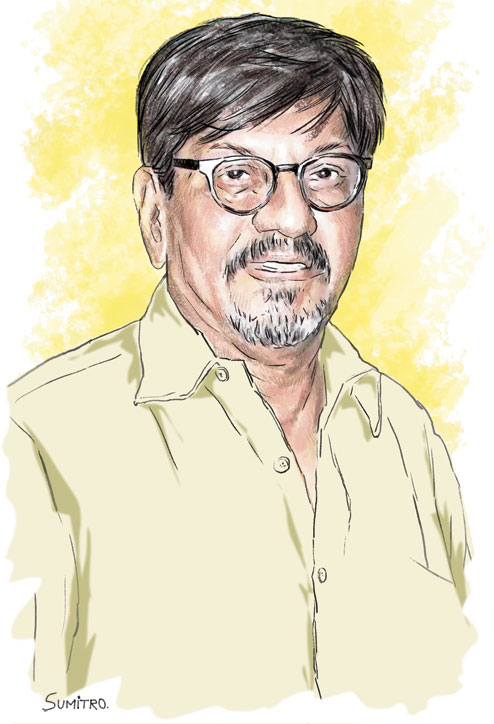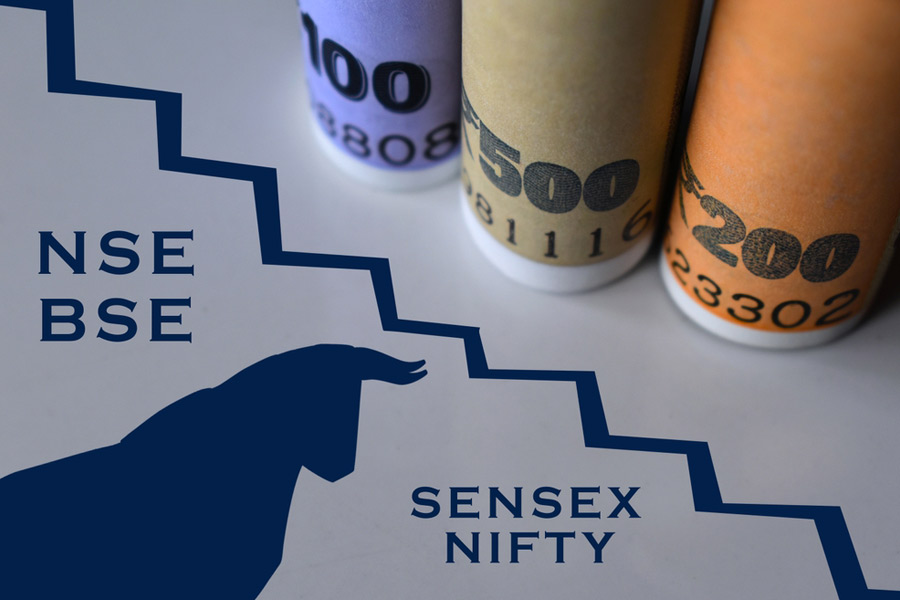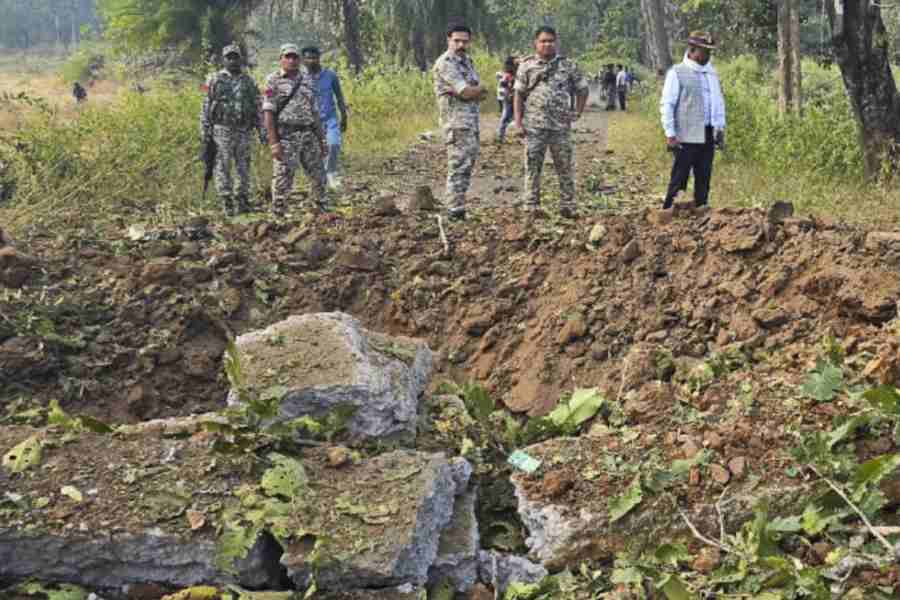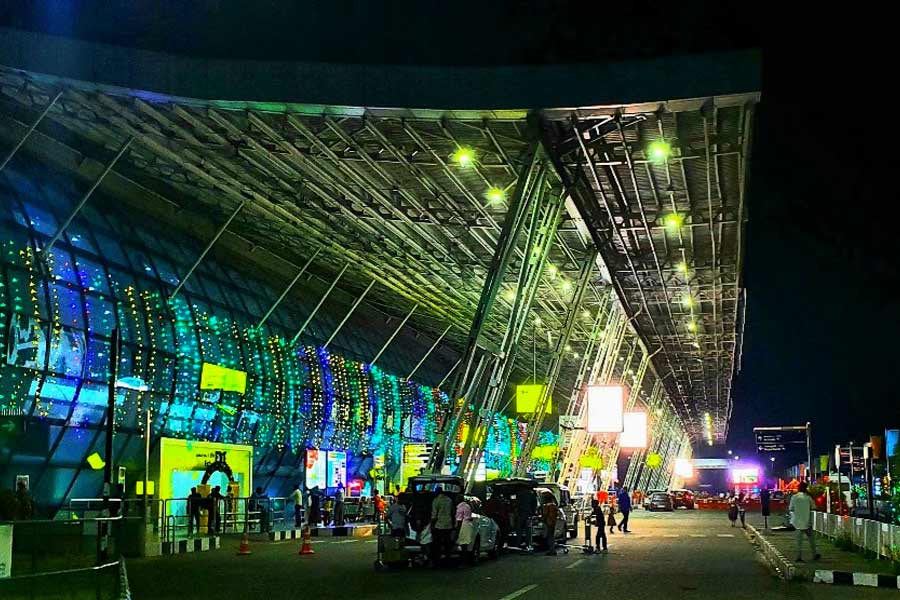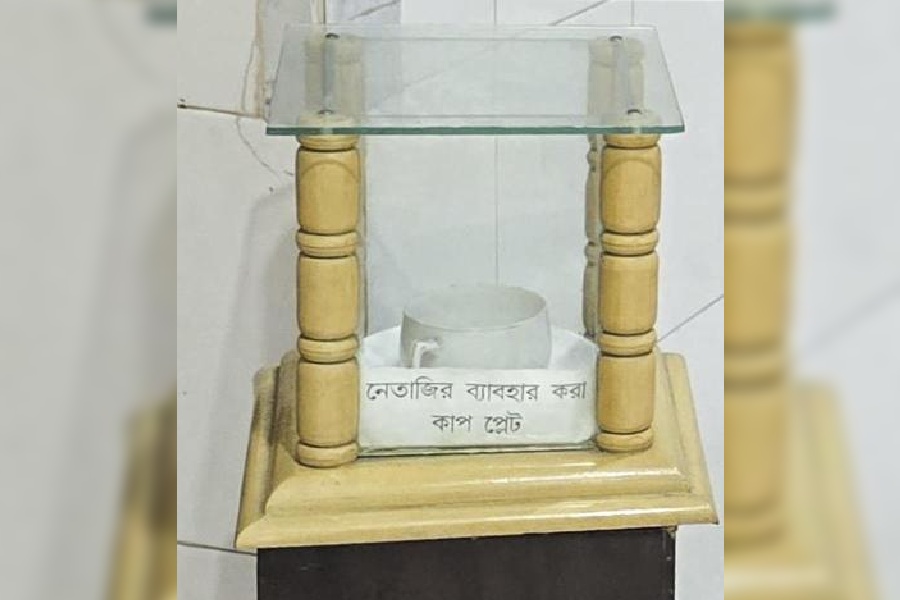
The "smiley" on a text message comes as a surprise. Amol Palekar, so far, has been a bit aloof - no, he doesn't give interviews on the phone; no, he won't answer a question on the Emergency (he was among the handful of protestors in the Hindi film industry) on the phone either. A request for an appointment is met with a reluctant email-me-and-then-let's-see reply. So I have been expecting someone reserved - underlining a distance that comes with fame and age.
And then he sends the emoticon - in response to my message, reminding him about the appointment - turning the image I have in my mind upside down. He even calls me to see if I am having trouble finding his place in Pune. He speaks with the taxi driver in Marathi and gives directions. The gesture brings a "smiley" to my face - and the courtesy helps me battle a grumpy drizzle over the city's rush hour traffic.
The actor greets me with a smile, too. He speaks in the soft and measured tone that I've heard in so many of his films, and, as the interview proceeds, I see in him traces of the characters he's portrayed - from the humorous Sanjay of Rajnigandha to the soft-spoken Arun of Chhoti Si Baat.
The popular actor of the 1970s and 1980s is back in the news - he is returning to television after 30 years. This week he starts shooting for Roshni... Ek Nayyi Umeed, a medical drama where he plays a doctor and grandfather of the protagonist.
"I accepted this show because I liked the concept. The show tries to educate people about medical practices in a familial setting," Palekar says. So far, he adds, he'd not been greatly enamoured of the Hindi fictional shows currently running on television. "The little glimpse I've had is not attractive at all. It is below standard and vulgar with no content whatsoever."
Palekar had been cautioned about television soaps by his contemporaries from the industry. He'd heard about the unpredictability of a daily show, of long working hours and unplanned changes in scripts.
"I have heard enough horror stories but I have accepted this show on my own terms and conditions. If they deviate, I will quit," he says.
But then, it's an industry he knows well. His last major stint on TV was in the 1984 serial Ados Pados. The director of such series as Kachchi Dhoop, Naqab, Mrignayanee and Krishna Kali, is also fondly remembered for his roles in serials such as Aa Bail Mujhe Maar on Doordarshan.
Yet television is just one of the mediums that draws him. In recent times, Palekar has also emerged as a painter of note. "I have spent the last one year in painting. Life has come full circle for me," says Palekar, who earned a postgraduate degree in fine arts from the J.J. School of Arts in Mumbai. He has already held several solo and group exhibitions, and the dates for shows in Bangalore, Calcutta and Chennai are being finalised, he says. Last year, solo shows were held in Mumbai, Ahmedabad, Vadodara and Delhi.
Despite his focus on art and television, for most of his fans he is still the simple, somewhat shy hero of the big screen who, despite all odds (mostly in the shape of a smooth-speaking, well-dressed rival) got the girl in the end.
At 70, Palekar looks an older and leaner version of his screen character Tony Braganza from Basu Chatterjee's 1979 hit Baton Baton Mein. Like Tony, he has a French cut, though Palekar's is salt and peppery. He is dressed in a striped cotton shirt and beige corduroy jeans paired with brown leather sandals. We are sitting in the living room of his studio, a sparsely-furnished apartment, occasionally filled by the gush of a cool breeze of a rainy morning.
Palekar rose at a time when the character of the "angry young man" was at its peak. But his fine portrayal of the "boy next door" appealed to viewers, and soon the Basu Chatterjee-Amol Palekar pair was being hailed as the Manmohan Desai-Amitabh Bachchan combo of parallel cinema.
"I really don't understand why you put labels to actors," he complains. "Maybe it is just easy to not get into the subtle shades of a character." The actor in him, however, wasn't keen on getting docketed, so he took up the role of Smita Patil's shady husband in Shyam Benegal's Bhumika and a manipulating hero in Bhimsen's Gharonda.
The two films were released in 1977, after Palekar had already made his mark as the unassuming hero of Rajnigandha, Chhoti Si Baat and Chitchor. But his most memorable role, arguably, was in Hrishikesh Mukherjee's Golmaal (1979), where he played a young man making up stories to cosy up to his eccentric boss.
"I was known as a reluctant actor as I used to refuse nine out of 10 film offers," he recalls. "Saying no has never been a problem for me. I have always gone against the tide and survived."
That explains why, when he was at the peak of his acting career, Palekar decided to direct films. His debut directorial venture - the Marathi homicidal drama Akreit (1980) - was followed by such notable Hindi films as Ankahee (1985), Thodasa Roomani Ho Jaaye (1990), Daayraa (1996) and Kairee (2000). He was last seen on the screen, opposite Sharmila Tagore, in the Marathi film Samaantar, which he directed and the script was written by Sandhya Gokhale.
So what does the multi-talented personality enjoy doing most?
It's a question he has heard many times, and the answer isn't new either.
"I am a painter by training, an actor by accident, producer by compulsion and director by choice," he recites.
To begin with, though, he was a clerk in a bank. Born into a lower middle-class Maharashtrian family, with two older sisters and a younger one, films were never a part of his growing up years. He had not even acted in a play while in school or college. His father worked with the General Post Office and mother in a private firm in Mumbai. After graduating, he worked in the Bank of India for eight years. "After my first three Hindi films became silver jubilee hits I had the luxury of quitting my job," he says.
Palekar recounts how theatre doyen Satyadev Dubey spotted him when he used to hang around theatre sets while his girlfriend rehearsed. Dubey gave him his first break with the Marathi play Shantata! Court Chaalu Aahe, which got rave reviews. Palekar's performance was described by a leading critic in a newspaper as "suave". He rushed with a copy of the newspaper to show it to Dubey - and to figure out what "suave" meant.
"He said, 'Go and look up the dictionary. But don't go gaga over the review.' But he also added: 'Now that people have found you good, we can start with the serious training.' For the next play he really trained us hard."
Besides Hindi and Marathi, Palekar has also acted in Bengali, Kannada and Malayalam films. As a director, too, he has had a successful innings. In 2006, his film Quest won the National Award for the Best Feature Film in English and in 2011 he won the Maharashtra State Film Award for his Marathi film Dhoosar, on Alzheimer's disease. Anaahat (2003) was the first Marathi film to be screened in a multiplex and it ran for 60 weeks. Paheli, starring Shah Rukh Khan and Rani Mukerji, was India's official Oscar entry for the Best Foreign Film in 2006.
"I always tried to do something different. And the best part was that people still loved me. What can be a bigger success than that," Palekar asks. "The Rs 100-crore club of filmmaking doesn't fascinate me."
He also finds adulation tiring. Often, he turns down a request for an autograph by pretending he is not the actor. "My younger daughter scolds me for this," he smiles. His elder daughter Shalmalee, from his first marriage with Chitra Palekar, teaches in an Australian university, while Samiha (with Sandhya Gokhale) has just finished studying law.
"Shalmalee, also a poet, has played badminton at the national level and Samiha represents Maharashtra in football," he says with pride. He has also been publicly supportive of Shalmalee's homosexuality. "My movie Quest is about gay rights," he points out. Gokhale, besides being his creative partner and a social activist, is a qualified Yale law school graduate who practised in New York for 10 years.
Before wrapping up, I ask him about the students' protest at the Film and Television Institute of India (FTII) in Pune over the appointment of its new chairman, Gajendra Chauhan - better known as Yudhishthir in B.R. Chopra's television epic Mahabharat.
He refuses to comment on the subject. "We can't try and cover 20 topics in one interview," he replies. "I can't answer this question without going into a serious debate. I am never scared of putting across my views. But let's do an interview purely on the FTII issue and then I will speak - and you will be shocked to hear what I have to say," he says.
"We can't touch everything in one interview," he repeats. "It is like making superficial tick marks. I don't do tick marks. I am the kind of traveller who goes into the interiors and doesn't just tick mark the popular places."
Amol Palekar still has a lot to say. Let's save that for another day.

